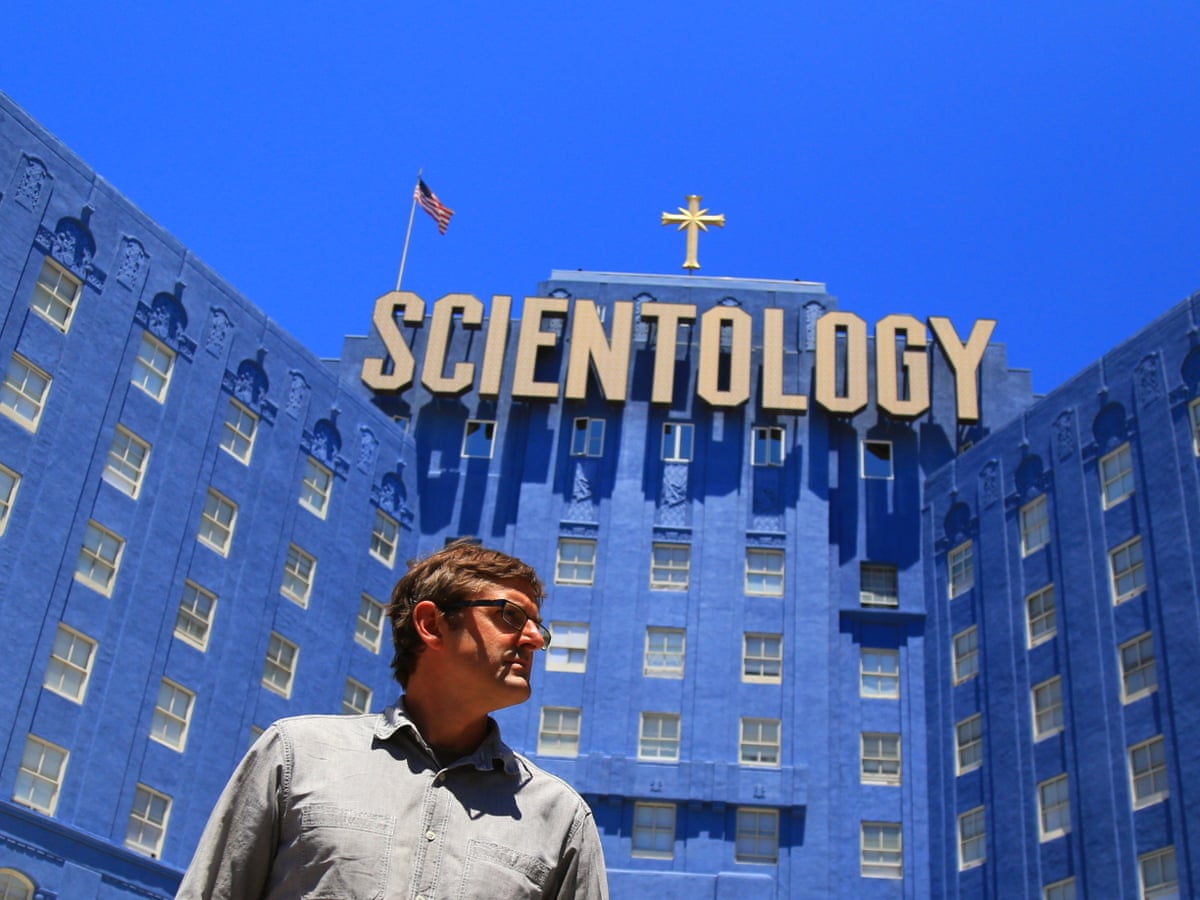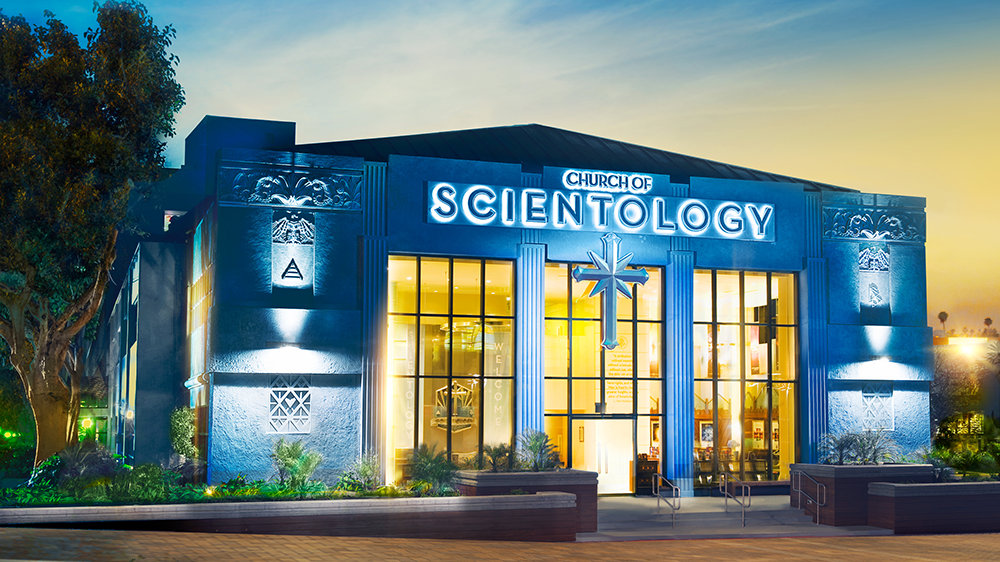The Reality Concerning the Church of Scientology Revealed
The Church of Scientology has long been a subject of both attraction and controversy, with its origins dating back to the mid-20th century. Established by sci-fi writer L. Ron Hubbard, this religious motion has actually gained substantial interest for its distinct ideas and techniques. Beyond the surface degree information that lots of are acquainted with, there lies a much deeper and more elaborate internet of disputes, criticisms, and intricacies that shed light on the internal workings of this organization. As we begin to unravel the truth concerning the Church of Scientology, a more clear picture emerges, exposing a narrative that is as interesting as it is controversial.
Origins and Establishing
The Church of Scientology was founded in 1954 by sci-fi writer L. Ron Hubbard. Hubbard at first developed a self-help system called Dianetics, which later on evolved into what is now understood as Scientology. The beginnings of Scientology trace back to Hubbard's frustration with conventional psychiatric therapy techniques and his belief in the capacity for people to overcome past injuries and accomplish spiritual enlightenment.
Hubbard's mentors focused around the principle of thetans, immortal souls present in all people, and the practice of auditing, a form of counseling focused on revealing and attending to past injuries (Scientology South Africa). These principles created the foundation of Scientology, which Hubbard referred to as a religious beliefs that provided a path to self-discovery and individual development
The Church of Scientology quickly acquired followers, with Hubbard developing the initial main Church of Scientology in Los Angeles. Throughout the years, the company broadened around the world, bring in both committed followers and critics who raised problems regarding its techniques and ideas. Regardless of conflicts surrounding its practices and origins, Scientology remains to be a significant religious activity with an existence in numerous countries worldwide.

Beliefs and Practices
With a concentrate on spiritual enlightenment and individual growth, Scientology's beliefs and practices focus on revealing previous traumas and attaining self-discovery via the concept of thetans and the method of bookkeeping. Thetans, according to Scientology doctrine, are immortal spiritual beings that exist within each individual. These thetans have actually lived with numerous past lives and have actually accumulated unfavorable experiences called engrams that hinder spiritual progression. Through a process called bookkeeping, Scientologists aim to address and remove these engrams to obtain a state of clear, without the negative results of past trauma.
By doing so, Scientologists think they can attain spiritual enlightenment, boost individual growth, and reach their full capacity as spiritual beings. The technique of auditing is central to the beliefs and methods of Scientology, stressing self-discovery and the pursuit of a greater state of existence.
Debates and Criticisms
In the middle of public analysis and debate, the Church of Scientology has actually faced a wide range of objections and conflicts regarding its techniques and effect on culture. One substantial factor of contention focuses on the company's supposed economic practices, with complaints of outrageous fees for solutions and aggressive fundraising strategies - Johannesburg North. Critics have additionally elevated issues about the Church's What is Scientology rigorous ordered framework, which some previous participants assert promotes a society of control and adjustment
Moreover, the Church of Scientology has gone through widespread objection for its treatment of members, including allegations of compelled labor, emotional abuse, and the technique of disconnection, where members are urged to cut ties with family and pals vital of the Church. These techniques have actually caused numerous lawful challenges and examinations in multiple nations, casting a darkness over the Church's track record.
Furthermore, the Church's hostile lawful methods against doubters and media outlets have triggered debates concerning flexibility of speech and the restrictions of spiritual protection. These controversies have substantially shaped public assumption of the Church of Scientology and continue to sustain ongoing arguments concerning its authenticity and effect on culture.
Leadership and Structure
How does the management framework of the Church of Scientology influence its operations and decision-making procedures? The Church of Scientology is recognized for its ordered management design, which is streamlined around the authority of its leader, presently David Miscavige. As the Chairman of the Board of the Religious Modern Technology Center, Miscavige holds significant power within the organization. This centralized management framework enables fast decision-making and constant enforcement of plans throughout the church's different branches worldwide.
At the neighborhood level, Scientology runs with specific churches and missions, each with its own set of leaders accountable for looking after procedures within their particular locations. These leaders are entrusted with executing the instructions established forth by the main leadership while also addressing the specific needs of their members.
While this hierarchical framework can make certain and improve procedures adherence to the church's teachings, it has likewise dealt with objection for potential abuses of power and lack of openness. Recognizing the leadership and structure of the Church of Scientology is vital in understanding just how the organization features and the dynamics at play within its ranks.
Influence and Influence
What considerable impacts does the management structure of the Church of Scientology carry its members and outside stakeholders? The hierarchical management structure within the Church of Scientology applies an extensive influence on its participants and exterior stakeholders. Members are often subjected to stringent control and tracking, with substantial stress to satisfy the beliefs and practices dictated by the leadership. This can lead to a loss of individual autonomy and critical thinking abilities, as individuals are anticipated to unquestioningly follow the instructions established forth by the company's leaders (Scientology).
On The Surface, the Church of Scientology's management structure can have a polarizing effect on stakeholders. In general, the leadership framework of the Church of Scientology plays a considerable function in forming the experiences and perceptions of both participants and exterior stakeholders.
Final Thought

The Church of Scientology swiftly acquired fans, with Hubbard establishing the very first main Church of Scientology in Los Angeles.In the middle of public analysis and debate, the Church of Scientology has actually faced a plethora of criticisms and controversies regarding its practices and impact on culture.What substantial impacts does the leadership structure of the Church of Scientology have on its participants and outside stakeholders? The hierarchical leadership framework within the Church of Scientology applies an extensive influence on its participants and outside stakeholders. On the whole, the leadership structure of the Church of Scientology plays a considerable function in shaping the experiences and perceptions of both participants and outside stakeholders.
Comments on “Introducing the Truth About Scientology: Dispelling Myths and Misconceptions”